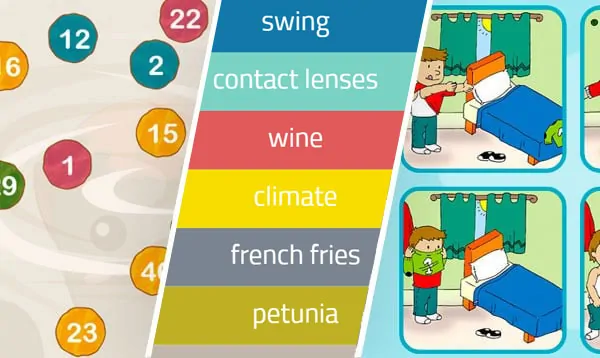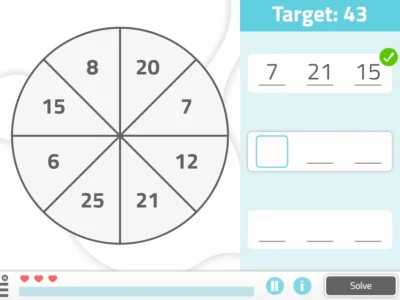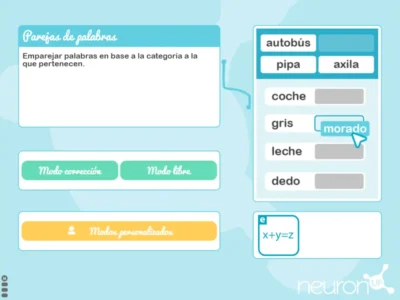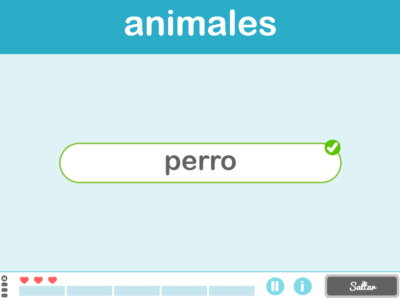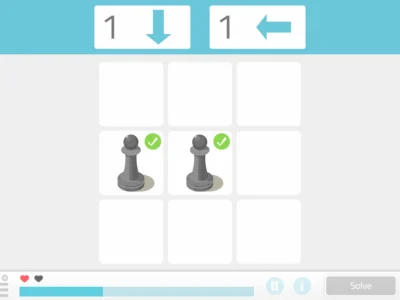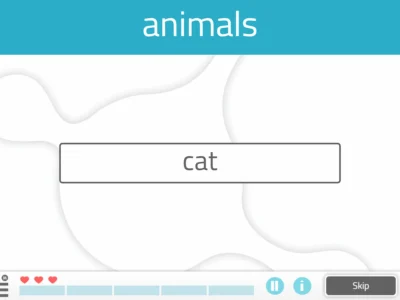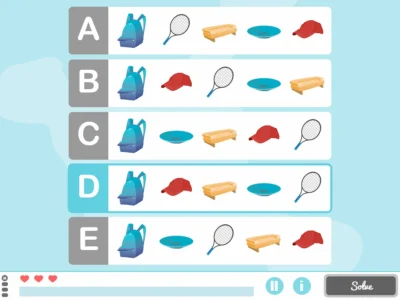Executive functioning involves abilities and processes vital for daily life such as:
• Working memory: a limited capacity system that allows the temporary storage and processing of information. It is a workspace in which specific information is available for its manipulation and transformation during a limited period of time.
• Planning: the ability to set goals, develop action plans to achieve those goals, and to choose the most appropriate actions based on the anticipation of consequences.
• Reasoning: the ability to consciously solve problems of all kinds by establishing causal relationships between them.
• Flexibility: the ability to adjust behavior to changing environmental circumstances.
• Inhibition: the ability to ignore impulses or irrelevant information–both internal and external–when performing a task.
• Decision making: the ability to select between possible alternatives, after weighing the outcomes and consequences of all available options.
• Time estimation: the ability to estimate the passage of time and duration of a task or event.
• Dual-task: the ability to perform two different-modality tasks simultaneously while directing constant attention to both.
• Branching (Multitasking): the ability to organize and effectively perform multiple concurrent tasks by combining them, while keeping in mind the goal of each task.
Why are executive functions important?
In our daily life we need executive functioning to navigate our environment and to achieve our goals. For example, executive functions are crucial to planning the day when we wake up in the morning: we think about what has to be done, in which order, how long it will take us, etc. Executive functions are necessary when we have to modify plans on the go due to unforeseen events, or in case some new task we were not expecting needs performing.
NeuronUP activities for the rehabilitation of executive functioning
To enhance working memory, one of the activities we have consists of ordering a sequence of moving numbers, which becomes more difficult as more numbers are added.
To improve reasoning, a very useful task involves matching common everyday concepts to the category to which they belong.
For the rehabilitation of planning, one of the most commonly used activities by our users is “Ordering the steps of a task”, which has both picture-only and a text-only version.
